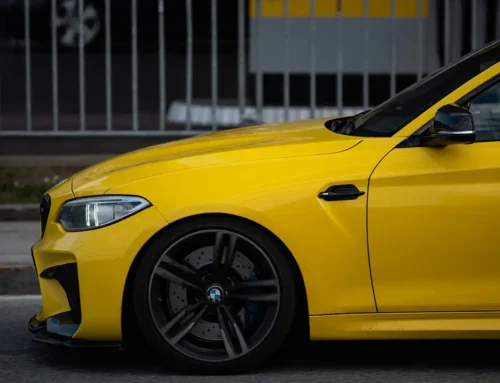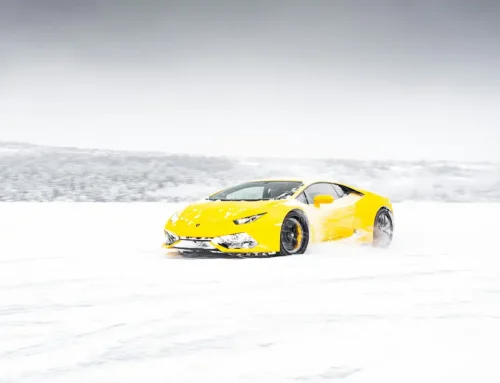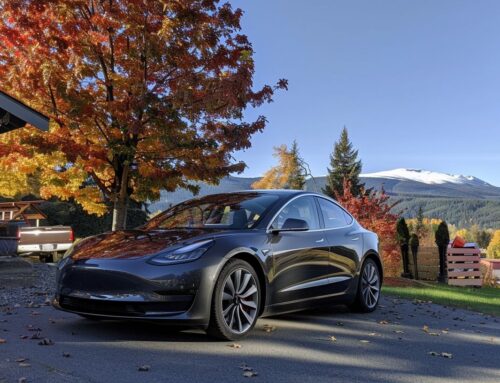When vehicle owners ask “how much does ceramic coating actually cost,” the honest answer is more complex than a simple price tag. Professional ceramic coating services typically range from $1,000 to $3,000 or more, depending on your vehicle size, paint condition, and the level of protection you choose. While this investment might seem substantial upfront, ceramic coatings provide 2-7 years of superior paint protection (4-8 years with XPEL) compared to traditional waxing that requires constant reapplication every few months.
The key to understanding ceramic coating costs lies in recognizing what you’re actually paying for: premium-grade materials, expert application requiring 15-20 hours of skilled labor, comprehensive paint preparation, and long-term protection that reduces maintenance costs over time.
Table of Contents
- What Actually Determines Ceramic Coating Cost
- Breaking Down Professional Ceramic Coating Prices
- Vehicle Size Impact on Ceramic Coating Cost
- The Hidden Costs Most People Don’t Consider
- Why Professional Grade Costs More (And Why It’s Worth It)
- Colorado Springs Market Considerations
- Long-Term Value Analysis
- Red Flags: When Ceramic Coating Prices Are Too Good to Be True
- Conclusion
- Frequently Asked Questions
- Additional Resources
What Actually Determines Ceramic Coating Cost
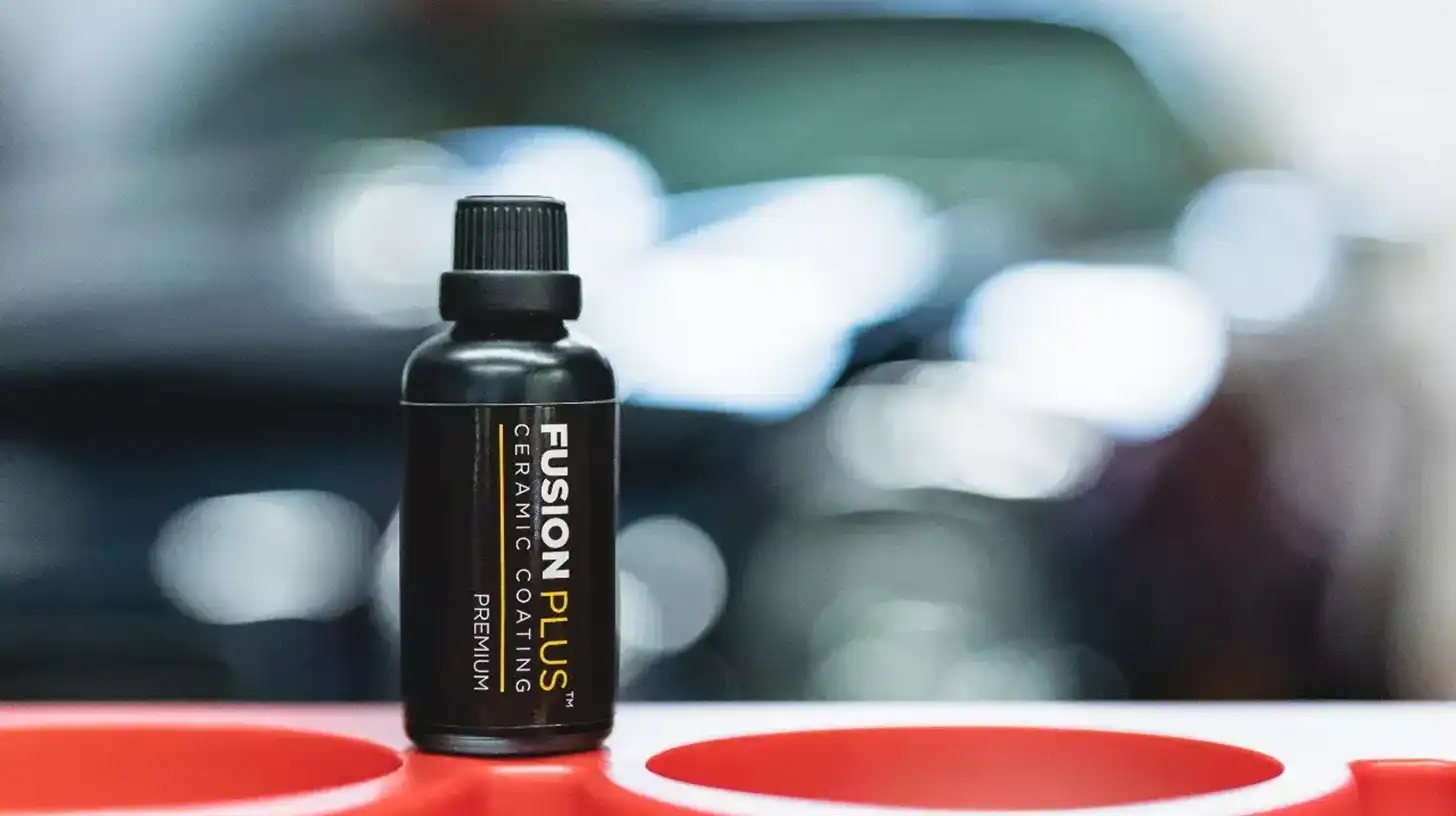
Understanding how much ceramic coating actually costs starts with recognizing the factors that drive pricing in this specialized service. Unlike car detailing where time and materials are straightforward, ceramic coating involves multiple variables that significantly impact the final investment.
Professional-grade ceramic coatings can cost anywhere between $100 all the way up to $500 per bottle used for one application on a single vehicle. This isn’t just markup—it’s the difference between consumer-grade products you might find online and the industrial-strength coatings that actually deliver on their promises.
The application process requires substantial time investment from trained professionals. A complete ceramic coating application on a well-maintained car may take around 15 hours to perform. If a multistep paint correction is required, it is not unusual to spend 20 hours or more on a job.
Your vehicle’s current paint condition significantly impacts pricing. Even if your car is brand new, straight off the dealership, it can have paint problems that need correction. If your vehicle has swirl marks, scratches, or oxidation, these imperfections must be corrected first since the ceramic coating will lock in whatever surface condition exists underneath.
Suggested Reading: Paint Correction | Everything You Need To Know
Breaking Down Professional Ceramic Coating Prices

Let’s examine the actual numbers you can expect when investing in professional ceramic coating services. These prices reflect real market conditions and quality work from certified professionals.
Entry-Level Professional Packages
Ceramic coating costs for a small vehicle can range from around $800 to more than $1,000, depending on factors such as the size of the job and paint condition. These entry-level services typically include single-layer ceramic coating application, basic paint decontamination, coating for paint surfaces only, and 2-3 year protection duration.
Mid-Range Professional Services
The premium package usually ranges from $1,000 to $2,000, generally incorporating multiple layers of coating applied after thorough surface preparation. These comprehensive packages offer multi-layer ceramic coating systems, complete paint correction if needed, protection for additional surfaces like glass and wheels, and 3-5 year durability expectations.
Premium Ceramic Coating Investment
The cost of professional-grade ceramic coatings can vary from $1,000 to $5,000 or higher, depending on the detailer and the extent of the application. Premium services include top-tier ceramic coating products, comprehensive paint correction, full vehicle protection for all surfaces, 5-7 year protection warranties, and ongoing maintenance support.
Vehicle Size Impact on Ceramic Coating Cost
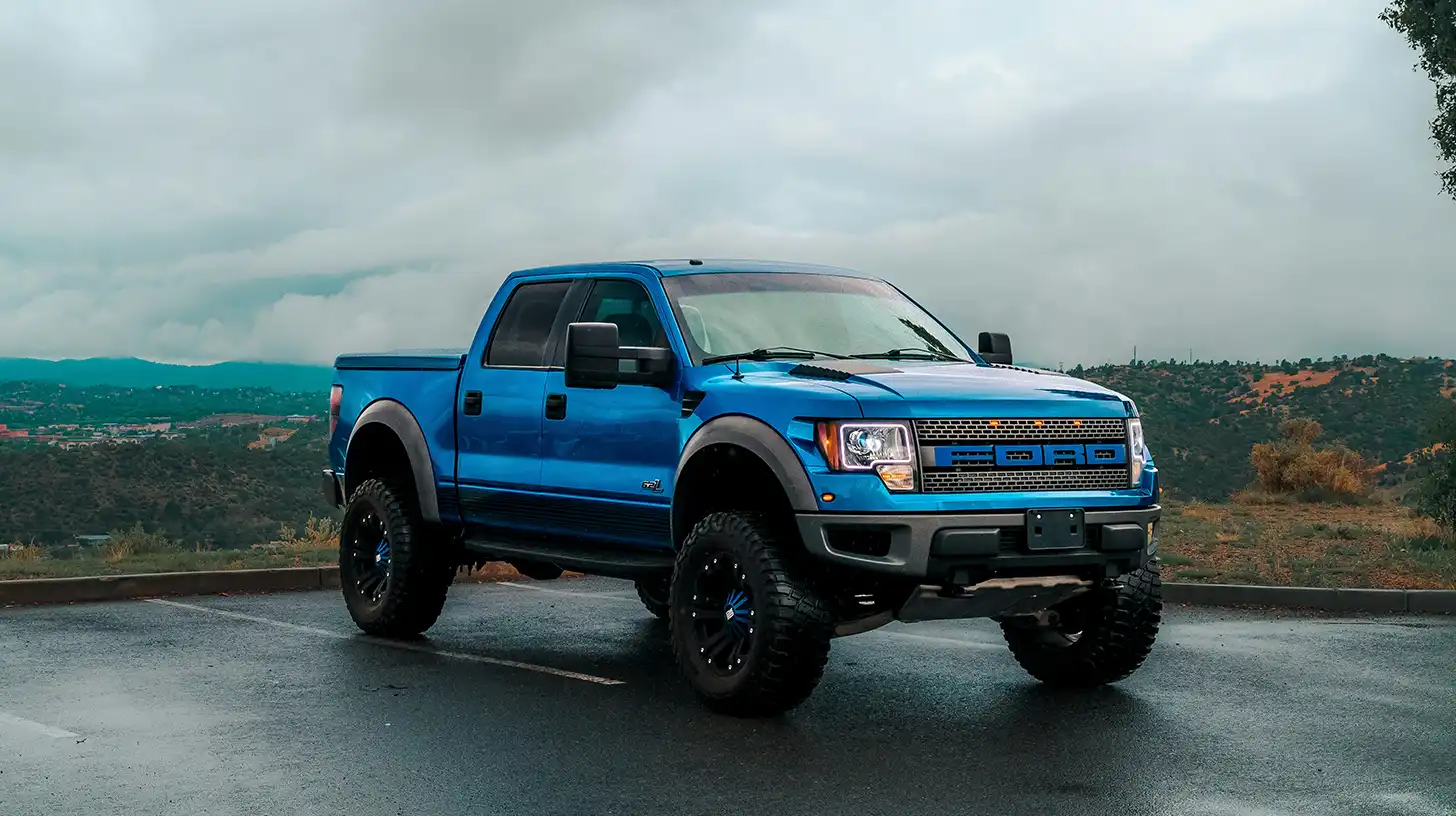
Vehicle size directly affects how much ceramic coating actually costs because larger vehicles require more materials and application time. Professional detailers typically categorize vehicles into size classes for pricing structure.
Small vehicles like compact cars and coupes represent the most affordable option due to reduced surface area and shorter application time. Medium vehicles are standard-size sedans, large coupes like Dodge Challengers, and some small pickup trucks like Ford Rangers or Toyota Tacomas. Large vehicles are full-size trucks, SUV’s, minivans, etc.
The size differential can add $500-1,000 or more to your ceramic coating investment when moving from compact to full-size vehicles, but the protection value scales proportionally.
The Hidden Costs Most People Don’t Consider

When calculating how much ceramic coating actually costs, several factors often surprise vehicle owners during the consultation process. These aren’t hidden fees—they’re necessary services that ensure proper ceramic coating performance.
Paint Correction Requirements
Most vehicles require some level of paint correction before ceramic coating application. Paint correction addresses swirl marks from improper washing techniques, light scratches from everyday use, oxidation from UV exposure, and dealership-induced paint defects. This preparation work can add $300-800 to your ceramic coating investment, but it’s essential for optimal results.
Additional Surface Protection
Base ceramic coating prices typically cover paint surfaces only. Protection for other surfaces requires additional investment: $200 – Full Exterior Glass Ceramic Coated and $100 – Wheels Ceramic Coated. These additions significantly enhance your vehicle’s overall protection but increase the total investment.
Professional Certification and Training Costs
Most professional ceramic coatings on the market also require in-person training and certifications, so your detailer is most likely not only paying for the coating, but also for the yearly certifications required to qualify to apply that coating. These training costs get reflected in service pricing, but they ensure you’re working with properly qualified professionals.
Why Professional Grade Costs More
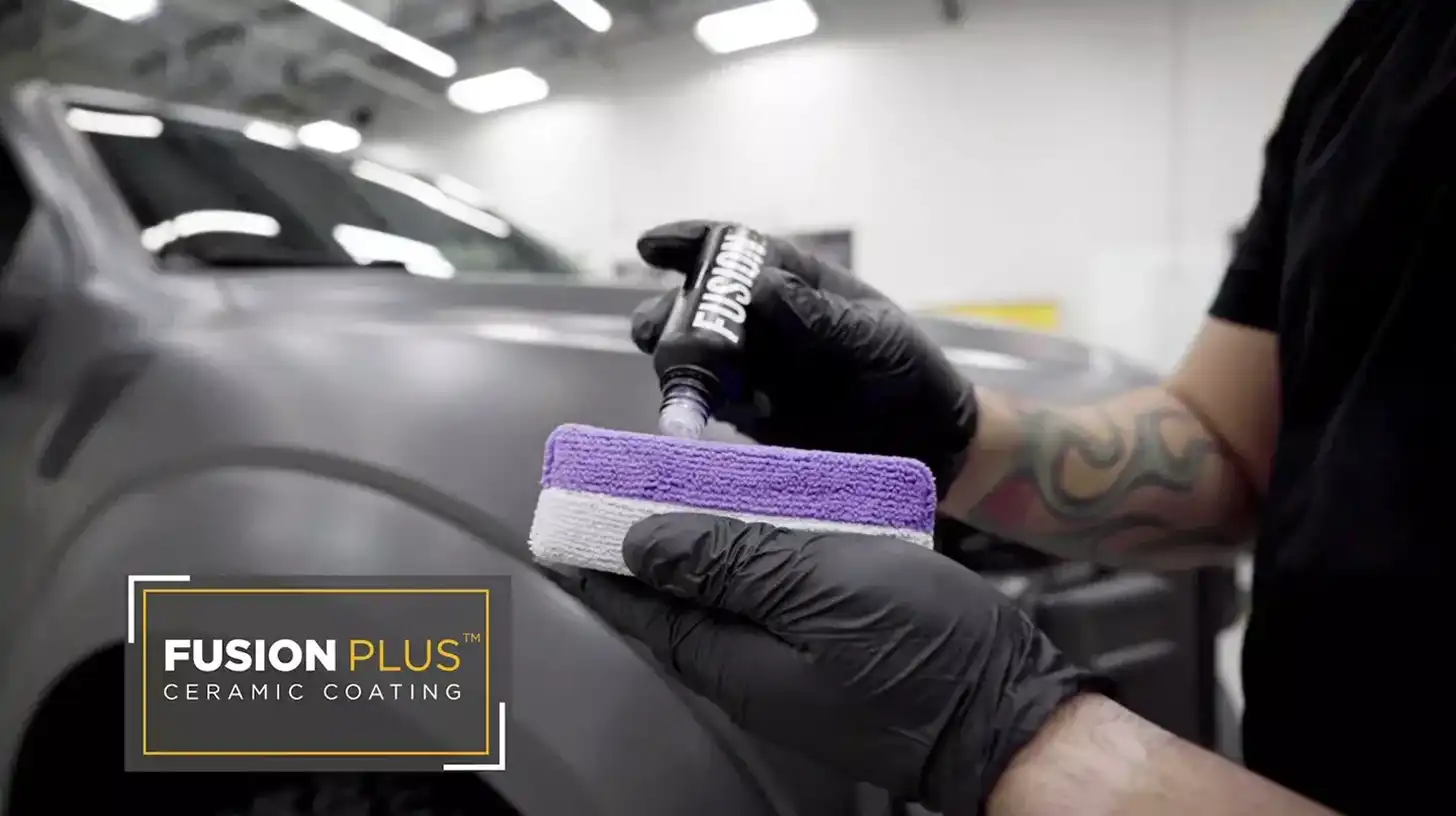
Understanding why professional ceramic coating costs more than DIY alternatives helps justify the investment. The difference isn’t just about convenience—it’s about getting results that actually deliver on ceramic coating promises.
Professional-grade products are much different than the stuff you can pick up online! Professional coatings offer higher SiO2 content for enhanced durability, advanced chemical bonding properties, superior resistance to environmental contaminants, and longer-lasting hydrophobic properties.
True professional detailers continually train and educate themselves, sometimes spending thousands of dollars a year on training and certifications in order to provide you with the best possible results. Professional application ensures proper surface preparation techniques, even coating distribution without high spots, appropriate curing conditions and timing, and quality control throughout the process.
Colorado Springs Market Considerations

Vehicle owners in Colorado Springs face unique environmental challenges that affect how much ceramic coating actually costs and its long-term value. Our local conditions make ceramic coating particularly beneficial for paint protection.
Colorado Springs presents several environmental challenges including intense UV exposure at higher altitude, frequent hail storms during spring and summer, road salt, sand and Magnesium Chloride during winter months, and temperature extremes throughout the year. These conditions accelerate paint degradation, making ceramic coating protection more valuable than in milder climates.
Colorado Springs ceramic coating pricing reflects our local market conditions. Quality professional services command appropriate pricing due to limited certified installers, high demand during peak seasons, and premium required for quality work in specialized markets.
Further Reading: Auto Ceramic Coating in Colorado Springs | 7 Benefits
Long-Term Value Analysis
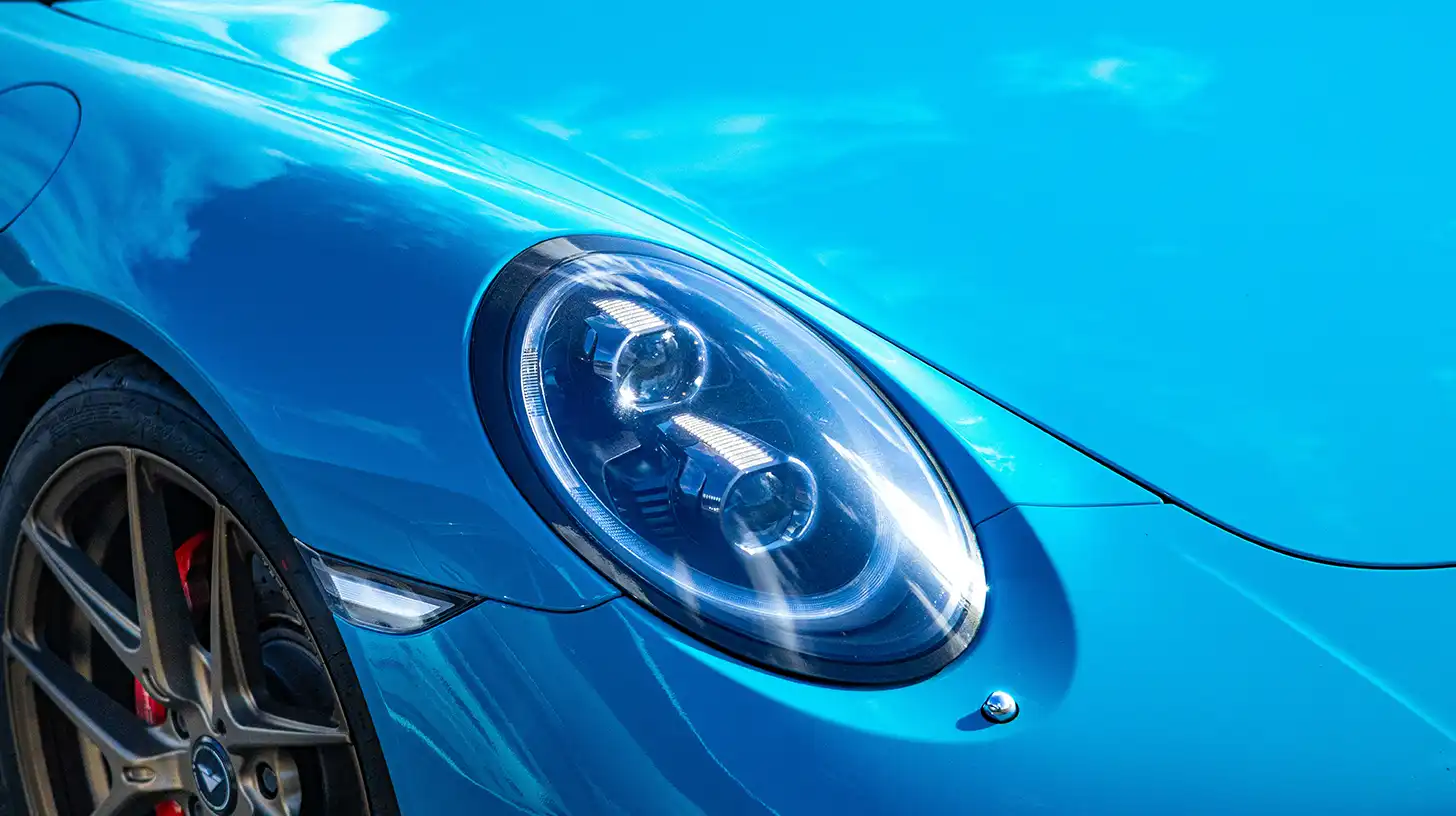
Calculating how much ceramic coating actually costs requires examining long-term value rather than just upfront investment. The true cost comparison becomes clear when analyzing ongoing maintenance expenses and protection benefits.
Unlike traditional waxes that need reapplication every few weeks or months, a ceramic coating can last several years with proper maintenance.
Traditional waxing costs over 5 years include professional waxing 4 times annually at $200-400 per year, totaling $1,000-2,000 over five years, plus significant time investment. Ceramic coating provides superior protection for comparable or lower long-term investment while significantly reducing maintenance time requirements.
A quality ceramic coating can last up to 5 years (4 to 8 years with XPEL, or ceramic coating of choice), providing enduring resistance against environmental elements, chemical stains, and UV damage. This protection prevents paint oxidation and fading, permanent staining from environmental contaminants, micro-scratching from improper washing, and clear coat failure requiring expensive refinishing.
The hydrophobic properties, which make cleaning and maintenance significantly easier. The water-repelling nature of these coatings means that dirt and grime are less likely to adhere to the surface of your car. This translates to reduced washing frequency, easier cleaning when washing is required, less time spent on paint maintenance, and more time enjoying your vehicle.
When Prices Are Too Good to Be True
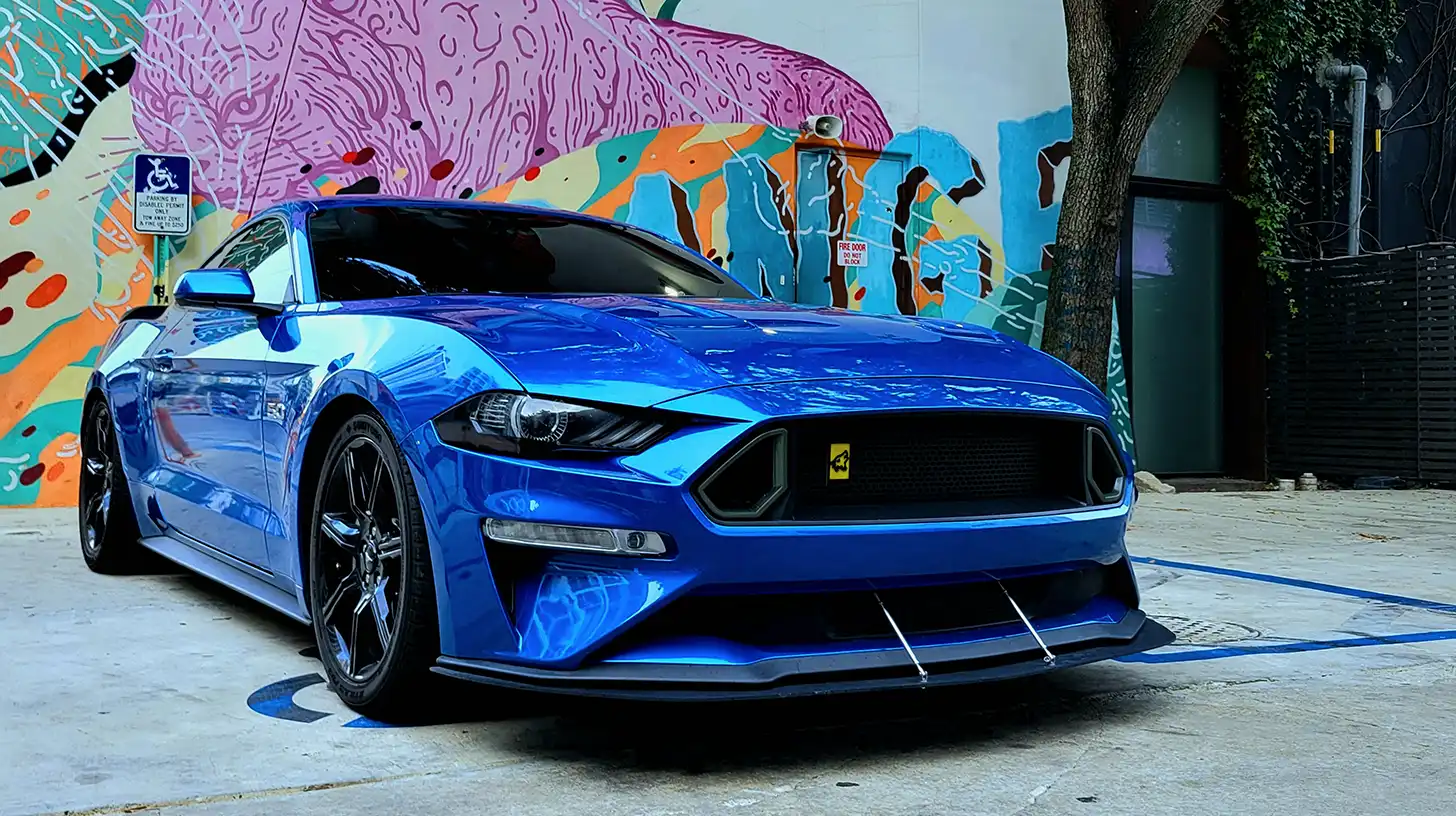
Recognizing warning signs helps vehicle owners avoid substandard ceramic coating services that waste money rather than providing protection. If someone is providing you a quote that sounds too good to be true, just ask yourself, would you trust just anyone with your investment?
Warning signs include prices significantly below market rates ($400-600 for full vehicle), no mention of paint preparation requirements, promises of lifetime protection at budget prices, and pressure tactics or limited-time offers.
Quality ceramic coating requires proper training and certification. Be cautious of installers who cannot provide certification credentials, use generic or unknown coating products, lack proper facility for controlled application, or cannot explain their application process clearly.
Even the best Ceramic Coating does not make your car bulletproof. Avoid services promising permanent protection that never requires maintenance, complete immunity from all types of damage, instant application without preparation time, or identical results regardless of vehicle condition.
Conclusion

When vehicle owners ask how much ceramic coating actually costs, the answer depends on understanding value rather than just price. Professional ceramic coating services typically range from $1,000-3,000, but this investment provides years of superior paint protection that traditional methods simply cannot match.
The key factors driving ceramic coating cost include premium materials, expert labor, comprehensive preparation, and long-term protection value. While the upfront investment might seem substantial, ceramic coating delivers cost savings through reduced maintenance requirements and preserved vehicle value.
For Colorado Springs vehicle owners, ceramic coating provides particularly strong value due to our challenging environmental conditions. The protection against UV damage, temperature extremes, and seasonal contaminants justifies the investment through preserved paint condition and reduced long-term maintenance costs.
Choose certified professionals who can demonstrate proper training, use quality materials, and provide warranty coverage. The difference between professional ceramic coating and budget alternatives becomes clear in the results—and that difference makes the investment worthwhile for vehicle owners who value quality protection.
Frequently Asked Questions
What is the average cost of ceramic coating for a mid-size SUV?
Professionally coating all exterior surfaces of a car, truck, or SUV can range from $1,550 to $2,100 or more, including the expense of minor paint correction or keeping a well-maintained vehicle. Mid-size SUVs typically fall into the $1,500-2,000 range depending on paint condition and coating package selected.
How much does ceramic coating actually cost compared to regular waxing over time?
Unlike waxes or sealants that wear off within months, ceramic coatings can last several years, depending on the product and maintenance. Professional waxing costs $200-400 annually, totaling $1,000-2,000 over five years. Ceramic coating provides superior protection for comparable long-term investment with significantly less maintenance time.
Why do professional ceramic coating prices vary so much between shops?
Price variations reflect differences in coating quality, preparation thoroughness, facility standards, and technician certification levels. Professional-grade ceramic coatings can cost anywhere between $100 all the way up to $500 per bottle used for one application on a single vehicle. Premium shops using top-tier materials and certified installers command higher prices but deliver superior results.
Does ceramic coating cost include paint correction work?
Most professional ceramic coating services include basic paint preparation, but extensive paint correction may cost extra. Always clarify what preparation work is included in your ceramic coating quote, as even new vehicles often require some paint correction before application.
What makes professional ceramic coating cost more than DIY products?
Professional applications use industrial-grade materials and expert labor that DIY products cannot match. The investment includes premium materials, skilled application, proper facility conditions, warranty coverage, and ongoing support that justify higher costs over consumer-grade alternatives.
How long should professional ceramic coating last to justify the cost?
Professional-grade ceramic coatings provide a minimum of 12 months of protection, with premium coatings lasting 4-8 years. The durability should exceed traditional waxing frequency to provide cost-effective protection.

